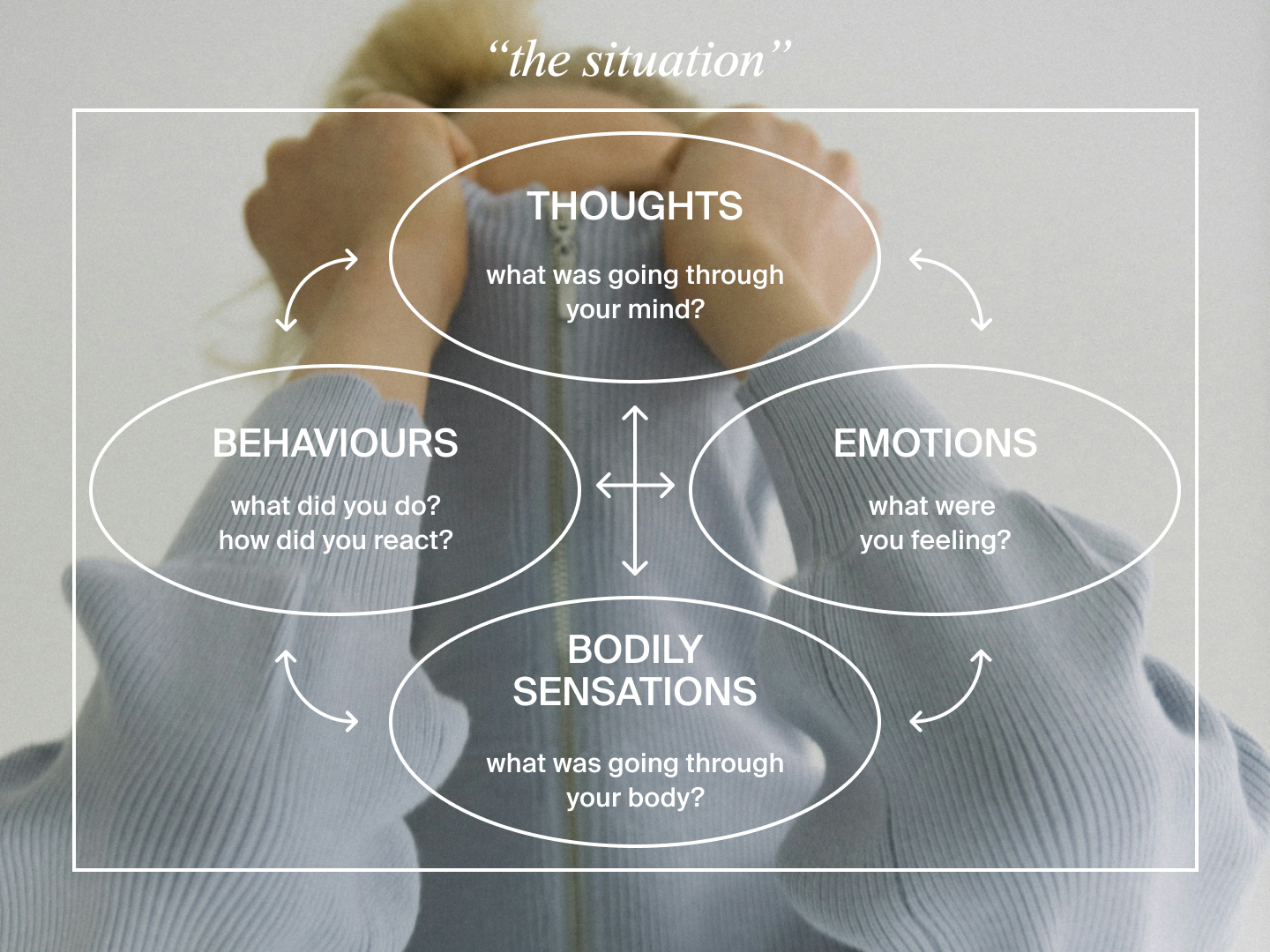We’ve all got that one friend who always sees the glass as half full. And if you’ve spent time with them, you might’ve noticed something else too: they’re often much harder to rattle.
Picture two people starting their day. Both are about to head to work when they discover a flat tire.
Person 1 immediately spirals: “I’m going to be late. What if I miss the meeting? This is the worst start to the week…” Their heart rate rises, their breath quickens, and their stress response kicks in.
Person 2 pauses, takes a breath, and thinks: “It’s a nice day, I’ll walk to the station. I can finally finish that book on the train.”
The situation is exactly the same. But their internal responses? Completely different.
One person’s mindset signals threat, keeping them stuck in a state of stress. The other’s mindset signals safety, allowing their nervous system to stay calm, adaptive, and in control.
Your mind talks to your body
At the core of this difference is your autonomic nervous system. This is the part of your body that automatically manages subconscious things like your heart rate, breathing and salivation. It has two key branches:
- The sympathetic nervous system (your ‘fight-or-flight’ response)
- The parasympathetic nervous system (your ‘rest-and-digest’ state)
Your body constantly scans for cues of safety or danger. But it doesn’t just listen to what’s happening around you it listens to how you think about what’s happening. Your thoughts, beliefs, and interpretations shape your body’s response.
When you catastrophise, your nervous system goes on high alert. However when you reframe a challenge as manageable, it helps your body stay regulated.

Positive doesn’t mean delusional
This doesn’t mean pretending everything’s fine or ignoring real problems. It means responding to stress with a mindset of agency and self-trust. This kind of thinking doesn’t just change your mood, it physically shifts how your body reacts.
Research has shown that when we shift our perception of stress, we influence how our nervous system processes it. Instead of spiralling into a stress response, that intentional shift from negative to positive thinking creates a biological ripple effect, helping to steady your heart rate, sharpen your focus and ground you in a calmer presence.
Every day is a learning day
So, can you train this? Absolutely. Your nervous system is ‘plastic’, it learns from repeated experiences and is constantly rewiring itself throughout your life. That means you can train it over time to respond differently. Our brain’s naturally have a negativity bias, however they are also constantly building different neural pathways, and the more you purposely start thinking a certain way, the more it will remember that pathway and default there in the future.
Here's how your can work on building a more positive mindset:
1. Start with awareness
Imagine this: a colleague makes a snarky comment about your work. Your body might tense, but the real stress doesn’t come from their words, it comes from the meaning you assign to them. Maybe you take it as criticism or disrespect. This reaction starts in the mind, not the body. While calming your body with breath work can help, this is your moment to reshape the story you’re telling yourself.
Instead of holding the thought, “I don’t want to feel bad because my colleague was rude,” try shifting to: “I choose to see this as an opportunity to practice compassion and resilience.” Studies have shown that when you intentionally change the lens through which you view a situation, you retrain your brain to respond with strength instead of stress.
3. Reframe with compassion
If your mind starts spiralling, it often helps to ask yourself: “What else could be true here?” or “What would I tell a friend in this situation?”. Self-compassion has been proven to alleviate social anxiety.Maybe your colleague’s remark wasn’t personal, maybe they were having a rough day. Or maybe it was rude, and your work still has value regardless. Reframing isn't denying discomfort, it’s choosing not to feed the panic and treating yourself with kindness.
4. Interrupt your thoughts
Try stepping outside for a moment or just listening to a song that makes you happy. Research has shown that splashing cold water on your face can instantly help change your mood. Just a few minutes of purposely trying to direct your thoughts to a more positive place can have a powerful impact on your body’s responses.
5. Give yourself credit
Each time you interrupt a negative thought cycle, acknowledge it and give yourself credit. Research has proven the positive impact that self-affirmation can have on our stress response. Stress is often triggered not by what’s actually happening, but by how we expect things to unfold. Every time you recognise this pattern and practice gratitude for catching it, you reinforce a healthier mindset—one that trusts the worst-case scenario is far less likely than it feels, and that you have the ability to move through the moment.
